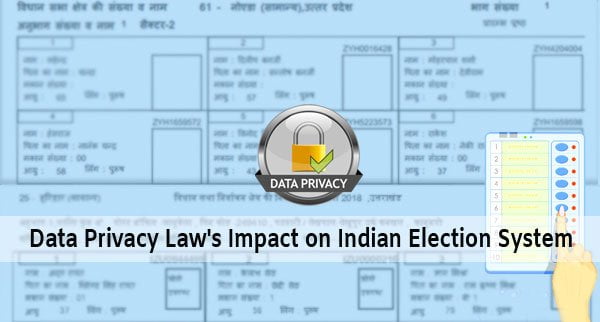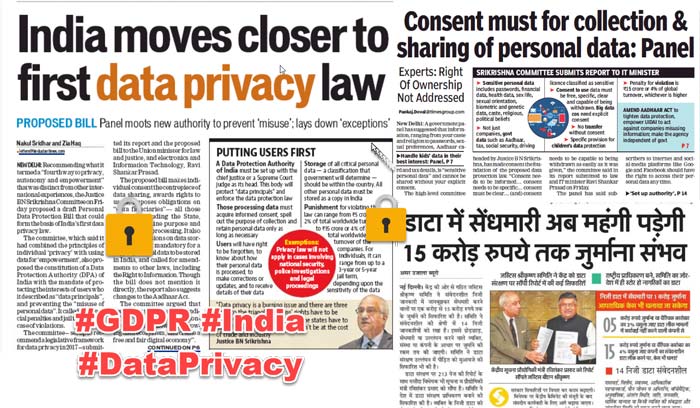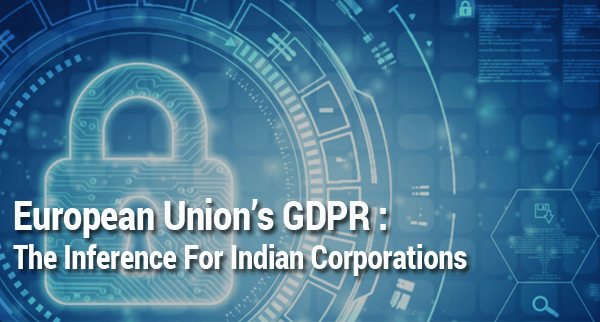Less Cookies – Thanks to GDPR
How GDPR Affects Tracking Cookie Policies
The news sites have over one Google cookie, with topmost 5 being DoubleClick by 87% of sites, Google Analytics by 86 %, Google Tag Manager by 80 %, AdSense by 72 %, and Google arthropod genus by 69 %. The report adds that design optimization cookies fell by 27 %, advertising and promoting cookies by 14 %, and social media cookies by 9 %.
European news sites have reduced the number of third-party tracking cookies by 22 % within the 3 months since the introduction of the GDPR (General Data Protection Regulation), according to a survey of 200 sites by the Reuters Institute for the Study of Journalism at the University of Oxford. Companies that run websites ought to be aware of the matter and prepared to act.
This doesn’t prove that GDPR caused the decline, however, it should have prompted websites to appear at the cookies they were using, and that they currently had to get consent. The report says: “The introduction of GDPR might have provided news organizations with an opportunity to judge the utility of varied options, and to get rid of code that is not any longer of great use or that compromises user privacy”.
There was considerable variation in the results from the seven countries surveyed:
Finland
France
Germany
Italy
Poland
Spain
UK
The number of cookies on UK sites fell by 45 %, whereas the number on German sites fell by solely 6 %. Spain, France, and Italy all saw falls of more than 30 percent. Poland saw a 20-percent increase. However, American technology firms usually evaded the cull. Most of the sites received cookies from Google (96 %), Facebook (70 %), and Amazon (57 %). Facebook cookies dropped by 5 percentage points from 75 %, however, Facebook suffered major issues far beyond the GDPR.
However, the tool cannot give answers to the most topic of interest: how many users are currently block tracking cookies? The GDPR makes it tougher to induce blanket consent to cookie use or, at least, to induce legitimate blanket consent. If large numbers of users refuse their consent, this can reduce the worth of tracking cookies. This could result in websites eliminating cookies that not deliver any worth. Whether the recent decline could be a trend or a blip remains to be seen. The next RISJ survey may show an additional decline, or a recovery if the tracking trade finds ways that to tackle the matter.
The report’s authors used webXray, an open source tool, to count cookies between April and July 2018. They acknowledge that some sites might block the tool, therefore “the true number of [third party cookies] on a given page is also higher.” Either way, each company that runs a website ought to be aware of the matter and be prepared to act.
#LessCookies #GDPR #GDPRLessCookies





